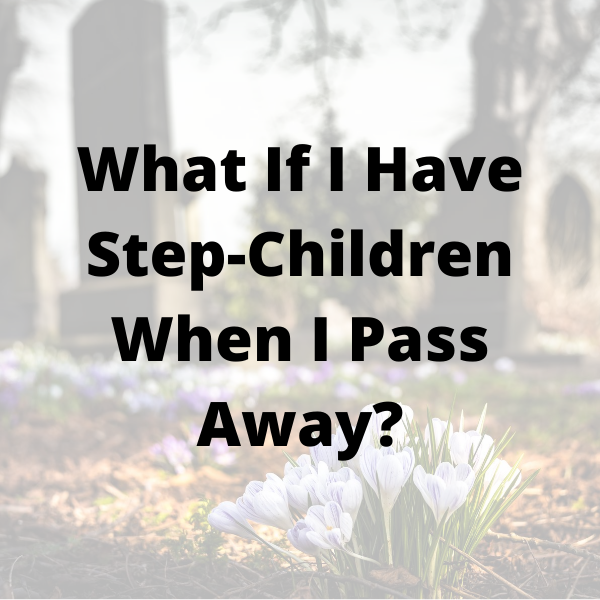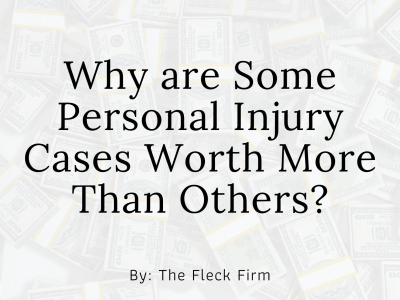How Intestacy Laws in Kentucky Affect Stepchildren
Having a blended family is very common. Thankfully, more parents are becoming concerned about what assets their stepchildren are entitled to if they die without a will. In some cases, parents may be extremely close to their stepchildren — whereas in other cases, they may prefer that their stepchildren receive nothing.
What will happen is down to intestate succession laws, which mean that your assets go to your closest relatives. However, who is considered a relative and what assets are covered differ in each state. In Kentucky, it’s relatively straightforward.
Are Step Children Regarded as Relatives?
Your stepchildren are only your relatives (and therefore only have the right to inherit) if you have completed the process of legally adopting them. However, Kentucky is also one of a handful of states that also says that stepchildren can inherit if their step parent dies and it proves impossible to locate any surviving relatives. In this case, the only alternative would be for the estate to be escheated — i.e. go to the state.
Other attorneys take contingent fees of 33% to 50% of your settlement.
We want you to keep more of your money.
Our contingent fee is only 30% on cases settled prior to filing suit.
What Assets Are Included in Intestate Succession?
Only assets that you own and are in your name are covered by intestate succession laws. Excluded assets include life insurance proceeds, retirement funds, securities in transfer-on-death accounts, and bank accounts that are payable on your death.
Also excluded are several types of property, including
- Property you own with someone else, either in a joint tenancy or a tenancy by the entirety.
- Property that will go to a living trust.
- Property that is covered by the dower and curtesy law. This law states that, if you die without a will, your spouse will usually inherit half of the intestate property.
Shares of Your Estate to Other Children and Descendants
How much of your estate goes to your biological and adopted children depends on factors such as if you have a spouse and how many children you have. However, they are typically the only ones who will receive an automatic share.
Like stepchildren, foster children who you never legally adopted will not receive any of your estate, nor will children who you placed in adoption and were legally adopted by someone else.
Children you conceived and who are born within 10 months of your death, however, will receive a share. The same goes for children born outside of marriage — provided it is possible to establish your paternity before or after your death. Children who were born out of marriage because the marriage was found to be illegal or void will also receive a share.
Finally, your grandchildren will not receive a share of your estate unless their parent, your son or daughter, is not alive.
As this default could be far from what you desire, the best option is to have an estate plan in place. It is important to consult with an estate attorney in Kentucky to ensure that you create a valid will that represents your wishes and is legally binding. This will allow you to leave your stepchildren and other relatives as much — or as little — as you desire.








